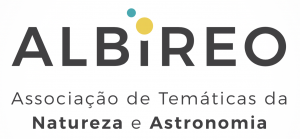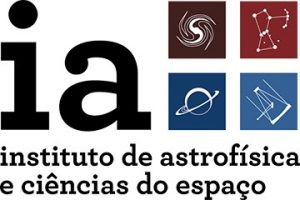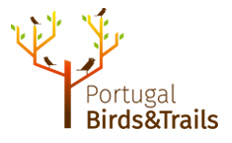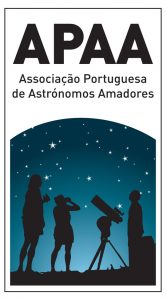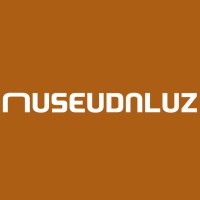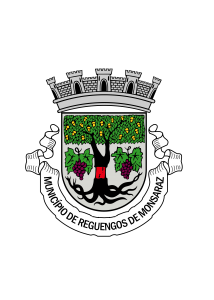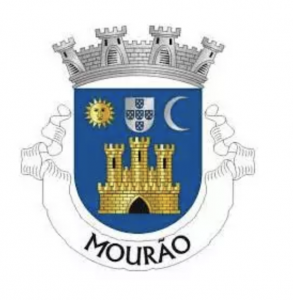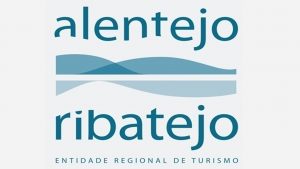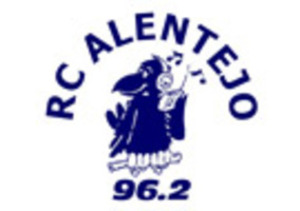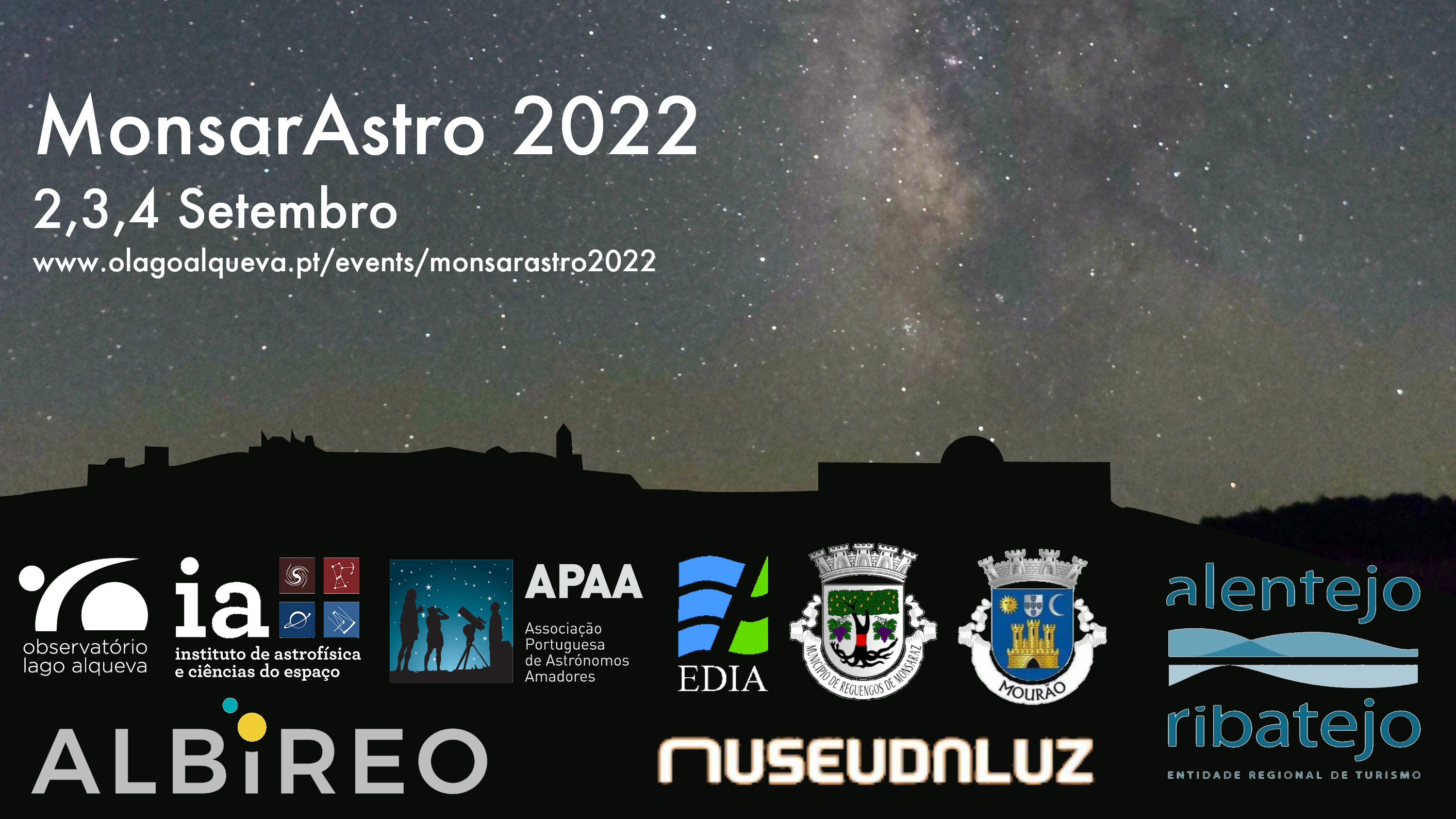
On the 2nd, 3rd and 4th of September, Reguengos de Monsaraz and the Alqueva Lake Observatory will host a star party with the participation of researchers and amateur astronomers and all those who want to share their experiences of observation and astronomical photography. Free entry but requires registration.
Program
Friday, 2nd of September
16:00 – Welcome (Alqueva Lake Observatory)
16:10 – Presentations
– Space meteorology a new global challenge – Teresa Barata
– Astronomy in the lands of Moimenta da Beira – Paulo Sanches
– The flat Earth is round after all – Maurício Rebocho
19:00 – Dinner
21:00 – Astronomical observations (OLA platforms)
Saturday, September 3
9:00 am – 12:00 pm – Visit to Monsaraz, Xerez cromlech, Casa do Barro, CARMIM (Bus available. Meeting point at the OLA car park)
14:00 – Opening at the Cineteatro de Reguengos de Monsaraz
2:30 pm – Presentations
– Discovering exoplanets with CHEOPS and ESPRESSO – Sérgio Sousa
– Inside the cone of shadow: Eclipses of the Sun and Moon – Pedro Ré
– Calendars, asteroids and wifi: astronomy at the service of all – Catarina Leote
15:30 – Break
16:00 – Presentations
– Discovering the Universe with Euclid – António da Silva
– Photographing the Cosmos – Carlos Fairbairn
– Let’s turn off the lights to turn on the stars! – Nelson Correia
– Astronomical navigation in the Discoveries – Rui Agostinho
17:30 – Trip to the Alqueva Lake Observatory (Bus available)
18:00 – Set up of tents. Mounting telescopes. Stalls with local production and handicrafts. Musical animation.
19:00 – Bifana dinner
20:30-6:00 – Astronomical observations
Sunday, 4th of September
7:00 – 9:00 – Bird watching tour at the Alqueva Lake Observatory
10:00 am – 1:00 pm – Visit to Mourão and Luz Museum (Bus available. Meeting point at the OLA car park)
Accommodation. There are several possibilities to stay overnight near the observatory. See some of our recommendations here. It is also possible to camp on the OLA field.
Vehicles with a telescope can enter the park towards the observation platforms until 19:00. They can only leave the premises at dawn.
Entrance to the event: 0€.
To register to MonsarAstro, please complete this form.
More information, contact us at monsarastro @ olagoalqueva.pt or telephone 962293065.
Speakers
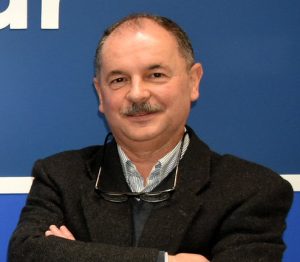 Pedro Ré
Pedro Ré
holds a PhD in Animal Ecology from the Faculty of Sciences of the University of Lisbon. He is currently Full Professor at the Department of Animal Biology at the same Faculty. He has been interested in astronomy for about 40 years and from an early age began to photograph the sky. He is the president of the Portuguese Association of Amateur Astronomers.
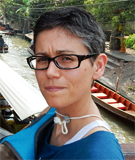 Catarina Leote
Catarina Leote
graduated in Oceanography from the University of Algarve, and obtained her PhD in Marine Biogeochemistry in 2015 from the University of Utrecht, the Netherlands. She is currently part of the science communication group at the Institute of Astrophysics and Space Sciences.
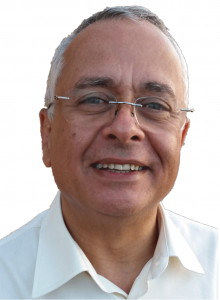 Rui Agostinho
Rui Agostinho
is Assistant Professor at the Physics Department (DF) of the Faculty of Sciences of the University of Lisbon (FCUL). He received his PhD in Astrophysics/Physics at the University of North Carolina at Chapel Hill, USA. He was responsible for maintaining the Portuguese Legal Hour at the OAL and the Service for distributing the Legal Hour to the country via the internet, in a secure way to Portuguese institutions and firms.
 Teresa Barata
Teresa Barata
she is a researcher at the IA / Faculty of Science and Technology of the University of Coimbra. She received her PhD in Engineering Sciences from Instituto Superior Técnico, Universidade Técnica de Lisboa in 2001. Her current research interests focus on image analysis, solar activity, space meteorology and their impacts on economic sectors. She is currently Deputy Director of the Geophysical and Astronomical Observatory of the University of Coimbra (OGAUC) and also National Coordinator of the International Space Weather Initiative (ISWI) for Portugal.
 Sérgio Sousa
Sérgio Sousa
he is a researcher at IA and completed his PhD at the University of Porto in 2008/2009. Current research interests focus on planetary systems. In particular in the characterization of stars with detected planets. He plans to work on the detection and characterization of new planetary systems. He is the coordinator of the characterization of the stars to be observed for the CHEOPS mission and is also a member of the ESPRESSO scientific team. Since 2018 he has been the national representative for the ESO Scientific and Technical Committee (STC) and is also a member of the ELT sub-committee.
 António da Silva
António da Silva
is a researcher at the IA and teaches at the Faculty of Sciences of the University of Lisbon. He received his PhD at the University of Sussex in the UK. His research interests are related to cosmology and the accelerated evolution of the Universe. He is the national representative of the Euclid mission.
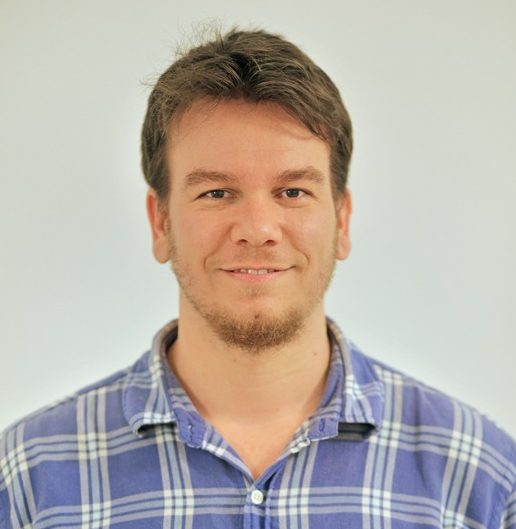 Carlos Fairbairn
Carlos Fairbairn
works in the environmental field and is passionate about photographing stars, galaxies and astronomical phenomena. He sees night sky photography as a great promoter of educational interest in topics related to astronomy and science in general. His astronomical images are published in various national and international media such as the “Astronomy Picture of the Day” on the NASA website. In 2016 Carlos was honored as a winner in the prestigious “Astronomy Photographer of the Year” competition, hosted at the Greenwich Observatory in London, in the Sir Patrick Moore’s category.
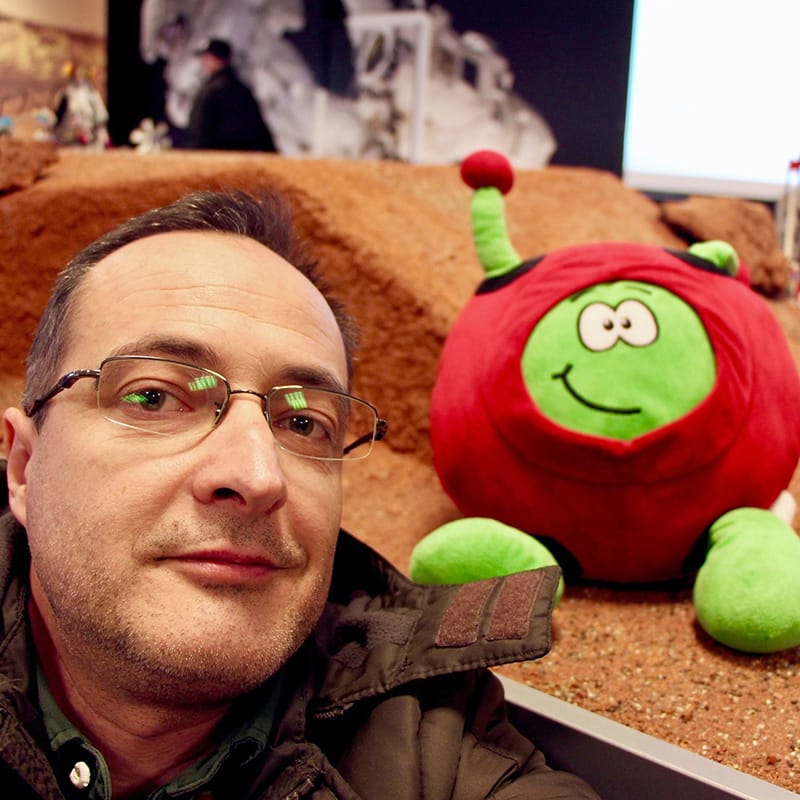 Nelson Correia
Nelson Correia
is a Professor of Physics and Chemistry at the Gil Paes School Group, in Torres Novas, where he also coordinates the Eco-Schools, Erasmus+, Ciência Viva Club at LabMaker School and the School’s Digital Development Action Plan. He is a member of NUCLIO – Interactive Center for Astronomy and Innovation in Education, where he coordinates the Dark Skies Rangers project on light pollution. He has a master’s degree in Sanitary Engineering and a degree in Biochemistry.
Locations
Organization
![]()
